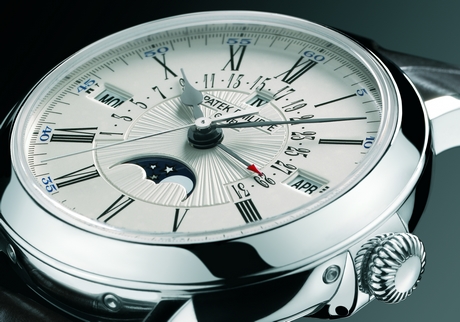
Consumers
The Chinese HNWI and Ultimate Luxury: Will the Rise Ever Cease?
by
Nathalie Omori | September 15, 2011
Nathalie Omori, senior partner of Zhenji, warns luxury brands of the increase in Chinese HNWI's and what it means for their already limited supply capacity
Nathalie Omori, senior partner of Zhenji, warns luxury brands of the increase in Chinese HNWI’s and what it means for their already limited supply capacity
Chinese Dollar millionaires total one million today, according to the latest Hurun Report. That’s a lot of very wealthy people, even if nations like the USA or Japan still count more. Fact is, Chinese currency is weak, and the cost of living in Beijing or Shanghai is still cheaper than New York or Tokyo.
And so Chinese millionaires are considerably wealthier than their American or Japanese counterparts. What’s more, when they travel abroad, they benefit from a 12% tax refund on luxury goods. Applied to big-ticket items, this can represent considerable sums of money, thereby increasing their buying power.
The luxury industry facing this population is changing and reaching its limitations, as products are often out of stock. This is what happened to Bordeaux cru wines. In four years their customers mutated and “Chinesefied”. I won’t even mention Chateau Lafitte.
“ The luxury industry facing the Chinese population is reaching its limitations: products are increasingly out of stock ”
A similar situation also affects brands like Patek Philippe in Paris, where the company decided to cap the number of watches sold to Chinese customers to one per passport. Unless they do this, they cannot supply their other customers. And we’re talking about a brand with entry-level prices starting at 17,000 euros.
Additionally, Patek CEO Thierry Stern has also raised the alarm on global sapphire glass supplies starting to wane. This will surely be problematic for the luxury watch industry that needs this material to produce their scratchproof watch glass. Another brand like Hine Cognac, the only vintage Cognac producer and supplier to the Queen of England, is facing production capacity problems. The only solution is letting prices rise.

In the Patek Philippe boutique in Paris, Chinese customers may only purchase one piece per passport
Some of the most famous brands based their luxury on exclusivity by limiting their stock in a natural, organic way. But these houses are already in trouble, and the people at the top don’t realize that China is nowhere near its growth peak. Its number of HNWI grows by about 20% yearly (Bain).
And when this growth starts to stabilize, it will be India’s turn. Its population is projected to grow beyond China’s. India will pick up where China leaves off in terms of volume and add its own mass of Asian millionaires to the luxury consumer pool.
So what will happen? If Chinese dollar millionaires increase three or four fold, will prices follow in the same path? And if so, will Europeans, who produce these rare products, even be able to afford them any more? Are we destined to become the world’s luxury manufacturer like China was for consumer goods without even being able to enjoy them? If so, will brands remain credible?
“ The people at the top don’t realise that China is nowhere near its growth peak ”
Or will we have different ranges of products for Asia and for the Western world? And if so, what happens to the concept of globalized brands, and how do you maintain brand consistency?
Will we have to rethink certain luxury product lines based on raw material availability? Are there enough alligators in the world to satisfy Asian demand for Hermès Kelly handbags? What will our world become with an industry for the “poor” and another one for the “very wealthy”?
The sheer volume and growth of the Asian continent will alter luxury and influence it. But it’s important to realize this and anticipate it today lest we lose our very being.
In regards to the notion of luxury itself, consider the following: Hermès, of all brands, recently lowered its prices in Korea even though demand there keeps increasing. This clearly indicates that the concept is mutating, that ethics are becoming the ultimate luxury, and that fundamentals of luxury need to be rethought.

